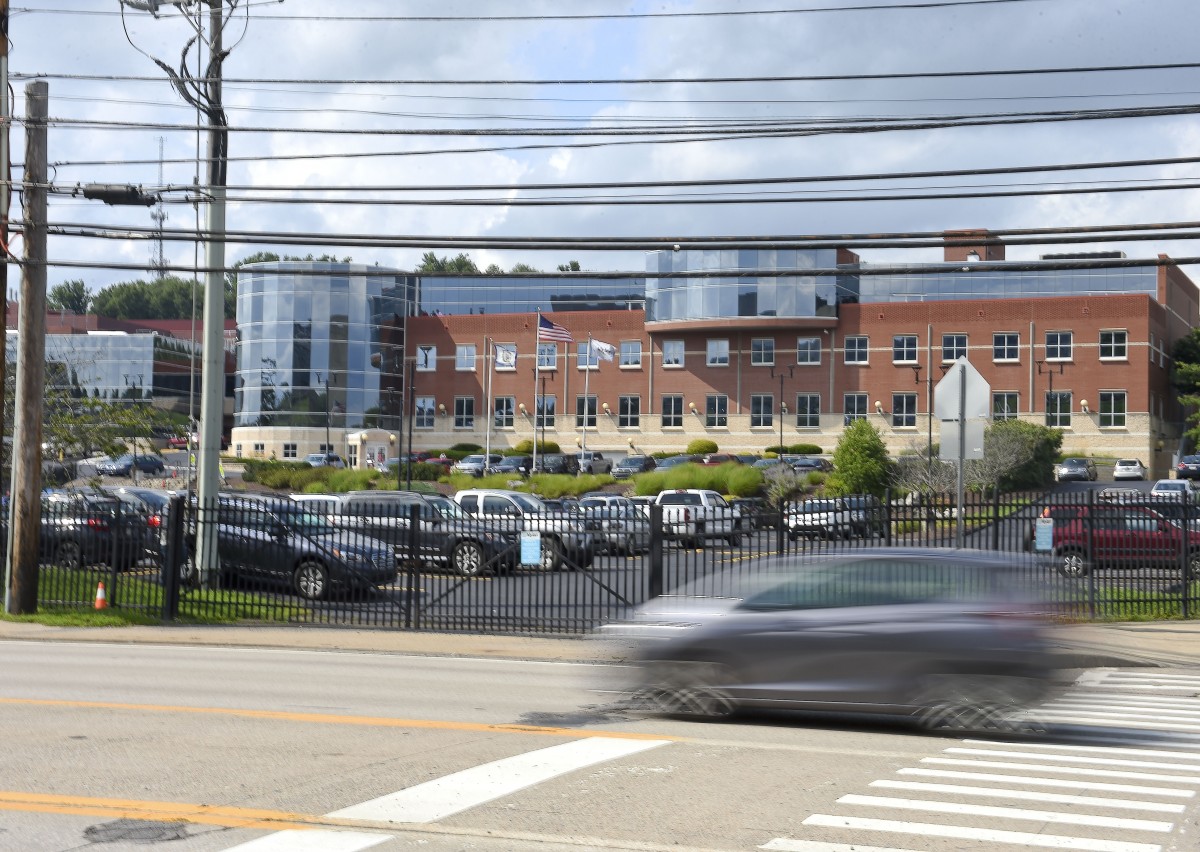MORGANTOWN – As the fate of Viatris’ Morgantown Mylan plant remains uncertain, an ongoing lawsuit by the Public Employees Retirement System of Mississippi alleges that misconduct by the former Mylan NV and four of its top officials at the Morgantown plant led to a plummet in stock prices that harmed the retirees’ pension portfolios.
It’s a securities fraud case stemming from – in the dramatic terms typically used in these cases – “defendants’ misrepresentation and concealment of Mylan’s systemic and egregious violations of FDA regulations governing pharmaceutical product quality and safety.”
Named in the suit are Mylan President Rajiv Malik, now Viatris president; Mylan CEO Heather Bresch, now retired; Mylan Chief Commercial Officer Anthony Mauro, now Viatris president for developed markets; and Mylan Chief Financial Officer Ken Parks, who did not join Viatris.
The suit spans the time period of Feb. 16, 2016 through May 7, 2019. It says that under Malik’s direction, Mylan began to systematically disregard current good manufacturing practices in order to increase production and profits.
The suit combines FDA records, statements by former Mylan employees and accounts from a book called “Bottle of Lies” that describes alleged corruption across the entire generics industry, including at Mylan.
The complaint says that Mylan employees, under Malik’s direction, shredded documents, altered drug tests, manipulated testing data and did what’s called “testing into compliance,” which is repeating a test until the sample passes.
And while experiencing problems at Morgantown, the complaint alleges Malik, Bresch and Parks gave misleading statements regarding quality assurance and data integrity compliance, the extend of the FDA findings from inspections in 2016 and 2018 and at other Mylan facilities on other dates, and the scope and impact of the remediation at Morgantown.
The suit notes that the Morgantown plant produced about 85% of all Mylan’s tablets and capsules during the period I question. At the beginning of the period, Mylan sought to increase production to offset competition from low-cost overseas manufacturers.
“With the need for increased production, Mr. Malik purposefully under-budgeted quality control functions, including by gutting Morgantown’s quality assurance teams,” the suit says.
Stemming from whistleblower complaints, the suit says, the FDA conducted inspections at Morgantown and in Nashik, India, and issued Form 483s documenting safety and data failures in 2016. One page of the report for Nashik notes 150 messages indicating “possible data corruption or modification of file” in a span of seven days in a message center log.
In Morgantown, “the FDA “found thousands of random computer files containing what appeared to be forbidden exploratory tests, and bins full of shredded documents, including quality control records, in areas where such documentation was to be preserved.”
That was followed by a warning letter. Mylan corrected the problems the FDA addressed, but following another whistleblower report, the FDA returned to Morgantown in August 2018 and found a variety of record-keeping, quality-control and cleaning issues.
After that inspection, Mylan temporarily halted plant production, reduced production volume by about two thirds, and undertook remediation measures, including “right sizing” plant staff from 3,500 to 3,000 (the current figure to be laid off or separated is 1,431).
The suit alleges that Mylan leaders misled investors by saying that the remediation was planned before the 2018 inspection, though the inspection played a role.
From June 2018 through May 2019, Mylan’s stock share price fell from $37.45 to $21.53. The latter price followed a May report that Mylan suffered a first-quarter loss, due in part to Morgantown remediation. “The news shocked market analysts.” (Viatris’ closing price Friday was $14.26 per share.)
Defendants moved in January to dismiss the suit and in April further expanded on their arguments.
They say Form 483s are not findings of violations but interim FDA observations expressly intended to prompt discussion and voluntary improvements. The 2016 and 2018 inspections were surprise inspections not because of wrongdoing, but because all FDA inspections are surprise. By law, they are not material.
Company leaders did not conceal or mischaracterize anything, the defendants say, because they are not obliged to disclose Form 483 reports. And their positive statements about compliance and quality control are not legally actionable. “Given Mylan’s cautionary warnings, no reasonable investor could have been misled to believe that Mylan was in compliance with all regulatory requirements or that it had not received Form 483s. … Despite its commitment to compliance, its efforts might not always satisfy regulatory standards.”
Regarding the whistleblower reports, the defendants say they could not have disclosed that because they didn’t know of any – the FDA would likely never tell them.
The defendants also question the credibility of the former employees, saying they lacked sufficient knowledge, and “Bottle of Lies,” saying by court standards it wasn’t adequately sourced.
The case is in the U.S. District Court for the Western District of Pennsylvania.
TWEET David Beard @dbeardtdp EMAIL dbeard@dominionpost.com




